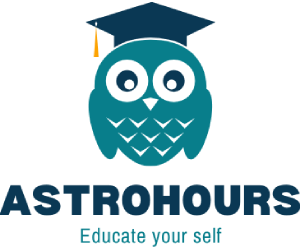The Art of Effective Learning: Strategies for Mastering New Skills and Knowledge
Mastering new skills and acquiring knowledge is a dynamic process that requires effective learning strategies. This article delves into the art of effective learning, offering practical tips and techniques for optimizing the learning experience. From active engagement and spaced repetition to the importance of reflection and application, this guide equips individuals with the tools needed to enhance their ability to learn and retain information.
Introduction: Unleashing the Potential of Effective Learning
Effective learning is not just about absorbing information; it’s about understanding how to learn efficiently and retain knowledge for the long term. This article introduces the concept of effective learning and its transformative impact on skill acquisition and knowledge retention.
Active Engagement: Learning Through Participation and Interaction
Passive learning often results in limited retention. This section emphasizes the importance of active engagement in the learning process. Whether through discussions, hands-on activities, or teaching concepts to others, actively participating in the learning journey enhances understanding and reinforces memory.
Spaced Repetition: Maximizing Memory Retention Through Strategic Review
Spaced repetition is a powerful technique for optimizing memory retention. This part of the guide explores the science behind spaced repetition and how individuals can strategically review and revisit information over time to solidify their understanding. Implementing spaced repetition ensures that learning is not confined to short-term memory but becomes a lasting part of one’s knowledge base.
Reflection and Metacognition: Deepening Understanding Through Thoughtful Analysis
Reflective thinking and metacognition involve analyzing one’s own thought processes and learning strategies. This section encourages individuals to engage in reflective practices, such as journaling or discussions, to deepen their understanding of new concepts. By actively thinking about how they learn, individuals can refine their approaches for future success.
Application of Knowledge: Bridging Theory and Practice
Applying knowledge in real-world contexts is a critical aspect of effective learning. This part of the guide discusses the importance of practical application, whether through projects, simulations, or real-life scenarios. The act of applying learned concepts reinforces understanding and transforms theoretical knowledge into practical skills.
Continuous Feedback: Fine-Tuning Learning Approaches
Feedback is a valuable tool for refining learning strategies. This section explores the importance of seeking feedback from peers, mentors, or instructors to identify areas of improvement and refine learning approaches. Constructive feedback provides valuable insights that contribute to ongoing learning and skill development.
Conclusion: Mastering the Art of Lifelong Learning
Effective learning is an art that individuals can master with intentional effort and the right strategies. This guide empowers learners to actively engage in the learning process, leverage spaced repetition, embrace reflection and metacognition, apply knowledge in practical settings, and seek continuous feedback. By incorporating these strategies, individuals can unlock their full learning potential and embark on a lifelong journey of intellectual growth and mastery.




